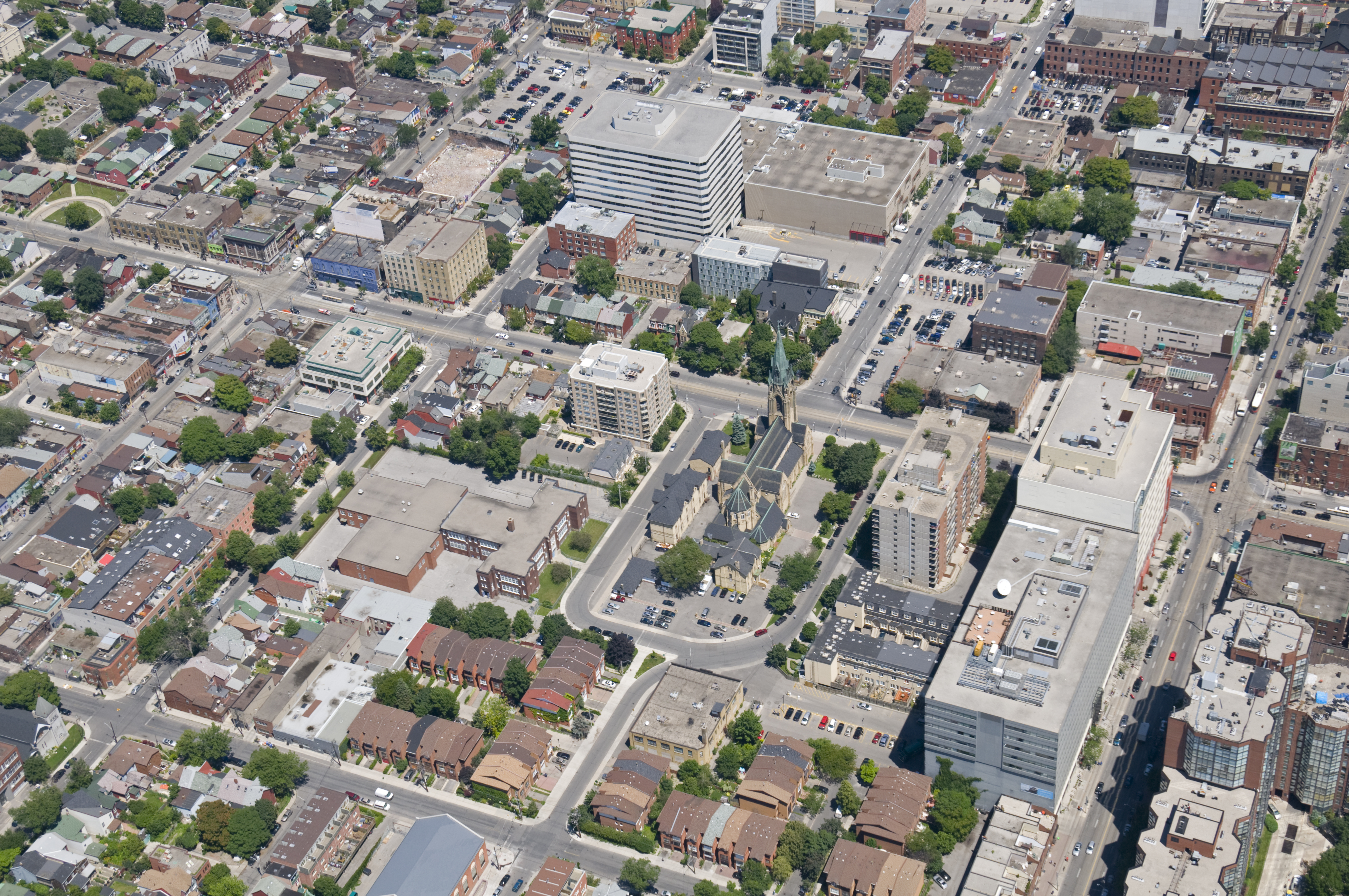Province Releases Summary of Inclusionary Zoning Regulations

On December 18, the Province of Ontario released a long-awaited summary of its proposed inclusionary zoning regulations. These regulations would implement the provisions of the Promoting Affordable Housing Act, 2016 (Bill 7), which received Royal Assent on December 8, 2016. These amendments to the Planning Act are intended to help increase the supply of affordable housing through various measures, including by giving municipalities the option to implement inclusionary zoning, which would mandate the inclusion of affordable housing units in residential developments and redevelopment approvals. The section of the Planning Act dealing with inclusionary zoning will come into force on a day to be proclaimed.
Below we have highlighted aspects of the regulation that will be of interest to both private and public sector entities.
Application
It was anticipated that the inclusionary zoning regulations would identify certain municipalities that would be required to adopt inclusionary zoning policies. However, the summary of the proposed regulations does not identify particular municipalities. It therefore appears that all municipalities may implement inclusionary zoning policies through their official plans and related inclusionary zoning by-laws at their discretion.
Municipal Assessment Report
Municipalities that implement inclusionary zoning requirements would be required to prepare a municipal assessment report prior to adopting official plan policies authorizing inclusionary zoning. This report would be required to contain information relating to current and projected trends for housing needs and an analysis of the average market price for each proposed unit type that may be required to be provided as affordable housing units.
Prescribed Official Plan Policies
Municipalities opting to implement inclusionary zoning policies would be required to identify in their official plans:
- areas within the municipality that may be appropriate for inclusionary zoning by-laws;
- the range of household incomes that would be eligible for affordable housing units; and
- an approach to setting an average market price for each proposed unit type that may be required to be provided as an affordable housing unit.
Required Provisions in Inclusionary Zoning By-laws
Inclusionary zoning by-laws would be required to include provisions regarding the following matters:
Unit Set Aside
The total number of affordable housing units or the total gross floor area proposed to be occupied by affordable housing units:
- would not exceed 5% of the total units or 5% of the total gross floor area of a proposed development or redevelopment to which the by-law applies; or
- if the development or redevelopment is proposed to be located in a major transit station area identified in an official plan, would not exceed 10% of the total units or would not exceed 10% of the total gross floor area of a proposed development or redevelopment to which the by-law applies.
Affordability Period
The proposed regulations would require that each affordable housing unit be maintained as affordable (as defined in the inclusionary zoning by-law) for a period of no less than 20 years and no greater than 30 years from the date of its first occupancy.
Measures and Incentives
The proposed regulations set out a formula to determine the financial contribution that would be paid by the municipality in respect of the development or redevelopment to which an inclusionary zoning by-law applies.
The proposed formula would require the municipality to pay 40% of the difference between the sum of the average market price for all of the affordable housing units required and the sum of the affordable price for all of the affordable housing units required.
The proposed regulations provide that the municipality’s financial contribution could be satisfied through one or more of the following:
- a waiver or reduction in the planning application fees in respect of a development, including fees associated with official plan and zoning by-law amendments, site plan control applications and plan of subdivision approvals;
- a reduction in parking requirements for a development or redevelopment;
- an exemption from the requirement to pay all or part of the parkland cash-in-lieu applicable to the development or redevelopment; and
- an exemption from all or part of the development charges that may be applied to the development or redevelopment.
A municipality’s financial contribution could not be satisfied by permitting an increase in height or density.
Inclusionary Zoning Agreements
An agreement would be required between the municipality and the landowner/development proponent that would set out how any proceeds related to the equity of an affordable housing unit are to be shared when the unit is sold. The proposed regulations prescribe the percentage share that would be paid to the municipality and the owner, with the percentage paid to the owner increasing according to the number of years of ownership.
Exemptions
The proposed regulations indicate that developments or redevelopments could be exempted from the application of an inclusionary zoning by-law where:
- they propose less than twenty (20) residential units;
- they are proposed to be built for the purposes of residential rental units;
- an application was made under the Planning Act by a non-profit housing provider;
- applications for building permits, development permits or community planning permits or site plan approval are made before the day that an inclusionary zoning by-law is passed; and
- concurrent applications for approval of an official plan amendment, a zoning by-law amendment and either a site plan, a plan of subdivision or a description under section 9 of the Condominium Act, 1998 were accepted by a municipality before the day that an official plan policy authorizing inclusionary zoning was adopted by council.
Municipal Reporting
A report documenting the status of the affordable housing units would be required every two years from the date of passing the first inclusionary zoning by-law.
The proposed regulations will be available for public review and comment until February 1, 2018.
